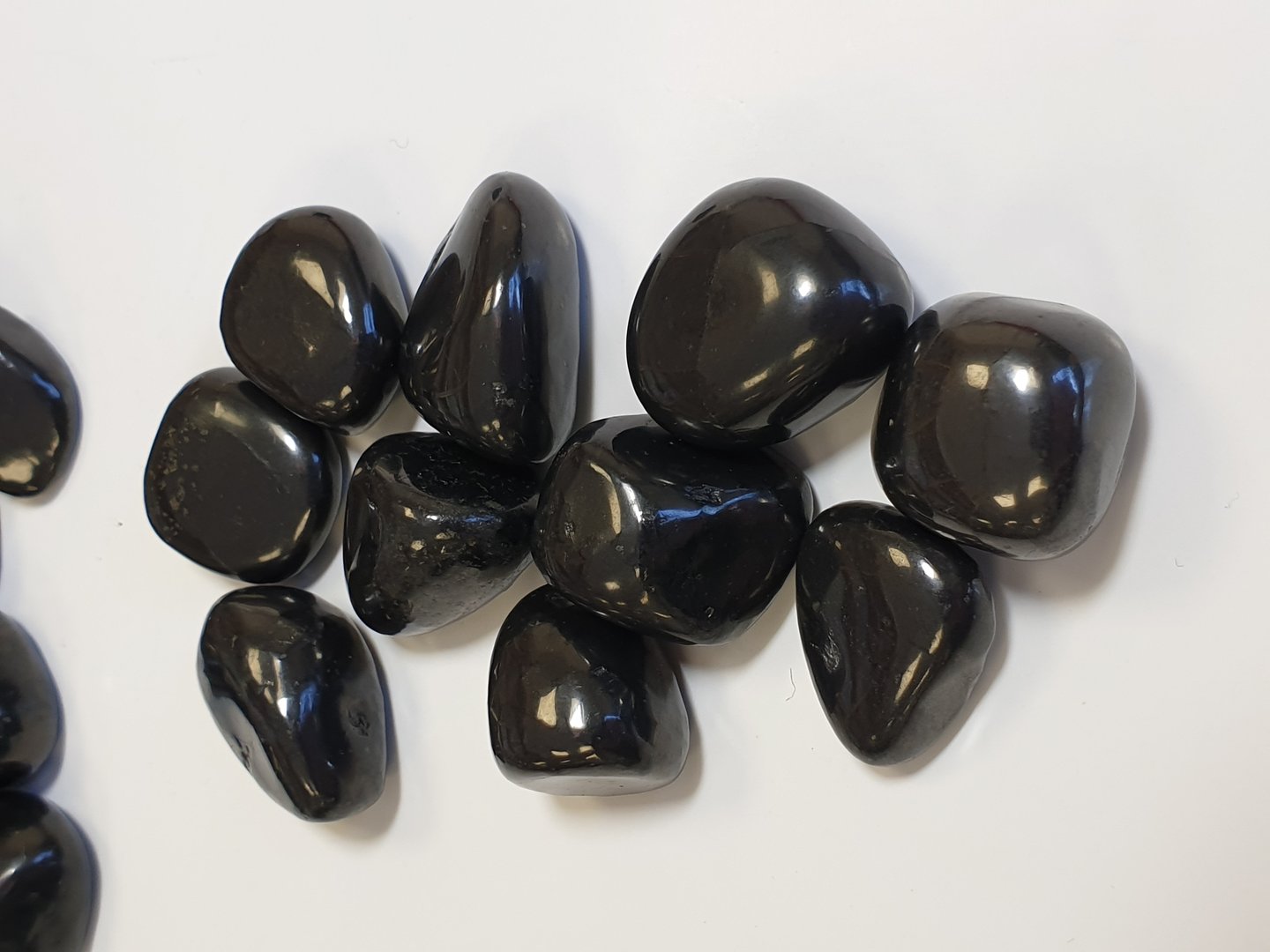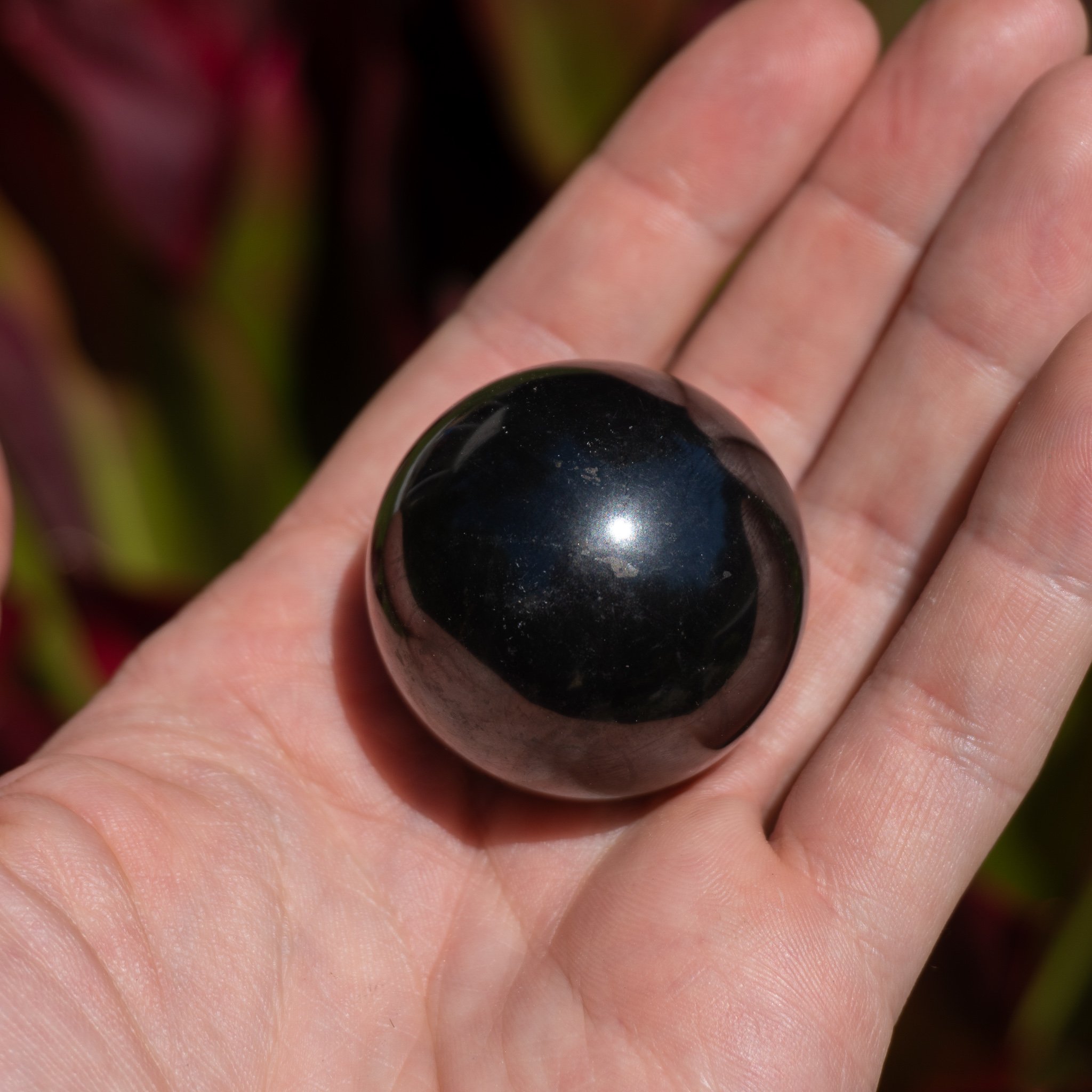Shungite - A Natural stone With Anti-Inflammatory in addition to Grounding Properties

Shungite is a black mineraloid found throughout the Karelia region of Russia. It is a deposit located close to the town of Shunga. The mineral was discovered in numerous locations and is believed to be an effective anti-inflammatory agent. Additionally, it has been discovered to possess the ability to ground and also contains heavy metals like copper and zinc.
Origin story
Shungite is a carbon mineral. It has an unusual chemical composition that differentiates it from other minerals and rocks. The natural properties include fullerenes, which are encapsulates of water.
It is believed to have been created about 2 billion years ago. This mineral is located at the Karelian region of Russia. In fact, the name "shungite" is derived from the town of Shun'ga.
In the 17th and 18th centuries the mineral was renowned for its healing properties. People in the area used it for treating ailments as well as a disinfectant. The Tsar Peter the Great recognized its benefits and encouraged its use.
When the Russian army attacked Sweden, shungite was a crucial part of their success. Many soldiers were poisoned by ore they were processing, but the shungite water healed them all.
Composition
Shungite is an amorphous carbon-carbon rock with a distinct chemical composition. It is the result of the interplay between individual elements that form complicated organometallic complexes. Additionally, it is characterized by an extremely high electrical and thermal reactivity.
Several studies have been conducted regarding Shungite in the past. These include research about shungite's sorption characteristics, antioxidant properties, and medicinal properties.
The mineral shungite is carbon amorphous substance that exhibits an extremely high degree of reactivity in thermal and electrical processes. This is because of the presence of the carbon atoms that are hybridized. healing properties of shungite is formed by the atoms of the carbon that is hybridized. The constituents of shungite include FeO, MgO, A12O3, and TiO2.
The mineral shungite is an allotropic form of metastable carbon which is distinguished by its extremely adsorbent capability and an intense reactivity when heated to high temperatures. Additionally, it is known to be a source of minerals like REE.
Anti-inflammatory properties


Shungite has anti-inflammatory properties that have a broad range of applications. It's antioxidant properties help to reduce superoxide production, lower ROS/RNS levels and also reduce inflammatory cytokine responses. These properties could aid in protecting skin from UVB radiation and be beneficial to people suffering from oxidative stress disorders.
In addition to its antioxidant properties Shungite also protects cells from damaging electromagnetic fields. This suggests that it can aid in the treatment of cancer. Furthermore, it may be used as an antihistamine. Although more research is needed to verify these findings, this study highlights the possibility of shungite in fighting oxidative and inflammatory diseases.
The year 2003 saw a research study was carried out to study the effects of shungite on rats. The results showed that shungite reduced production of ROS, lowered inflammation cytokine levels, and increased ROS-scavenging enzymes. Furthermore, it restored the inflammatory cytokine imbalance induced by UV irradiation.
Heavy metals released from samples of shungite
Shungite samples released several heavy metals into the water. Lead, cadmium, zinc arsenic, copper and lead were found. These elements were measured in drinking water prior to and after contact with shungite.
Shungite is a carbon-rich natural mineral. It has an excellent adsorption capacity and has distinct chemical composition. The study sought to study the sorption characteristics of shungite in relation to heavy metals. In addition to that, the effects of shungite on the adsorption of artificially increased the copper-ion concentration in water was investigated.
The retention of Cu(II) with an estimated 2,500 mg/L at the beginning was examined. The results revealed that shungite exhibits good adsorption towards copper. However, it was found that the sorption properties decrease over the course of 21 days.
Grounding properties
Shungite is a black-colored mineral, is believed to have incredible grounding properties. It's a rare stone that has many possibilities in the scientific and health fields.
In addition to its grounding properties shungite can also be used as a water purifier that is natural. It has been demonstrated to eliminate harmful bacteria and other toxins from water.
Shungite is a stone with a high carbon content, which suggests it was a result of biological processes that occurred in the oceans of the old world. As a result, it is a potent natural healer. Utilizing shungite in this way is a practice that has been used in Russia for many centuries.
Another important property of shungite's is its capability to absorb and deflect electromagnetic smog. This is a great way to ensure that people are healthy and free from harmful electromagnetic radiation.
Metaphysical nature
Shungite is an old stone with numerous benefits. It is an extremely beneficial, grounding, and healing stone. It is also beneficial for electromagnetic fields and our physical bodies. According to the purpose one can anticipate different results from the stone.
One of the most significant advantages of this stone's anti-inflammatory qualities is that it has antibacterial properties. Fullerenes, carbon-based molecules found within the stones, are an antioxidant and have important antibacterial and antiviral properties.
Another advantage to Shungite is its capacity amplify other metaphysical abilities. It is believed to provide an effective protection against electromagnetic fields that can be harmful, helping to protect you against negative influences.
